Mae West didn’t keep up with the latest fashions. Her persona, with the exaggerated hourglass figure and luxurious clothing, was inspired from trends in the 1890s. It’s perhaps because of this outdated style that she was allowed to get away with saying so many sexually suggestive things.
Video Features
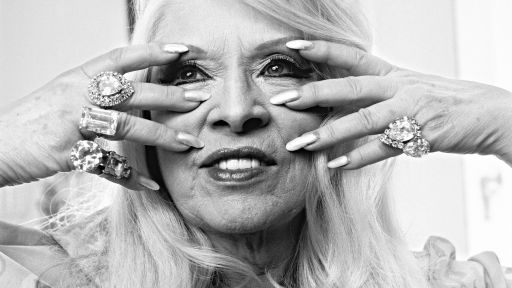
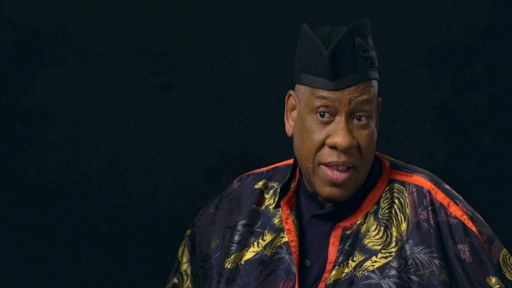
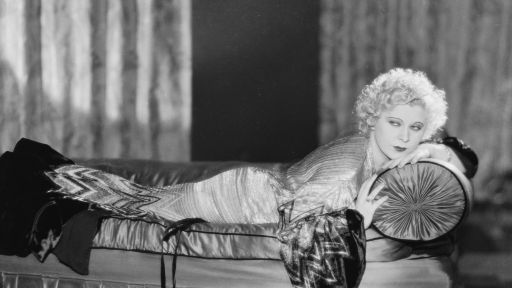
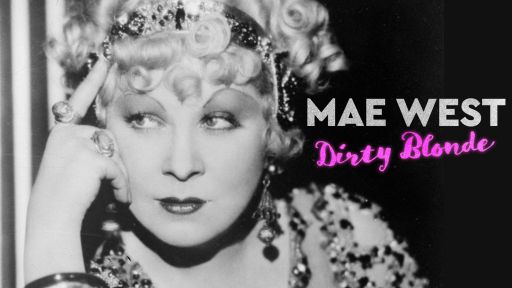
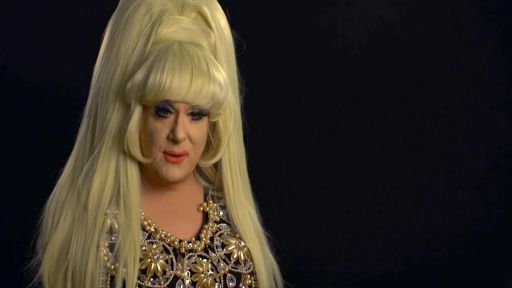
Written Features
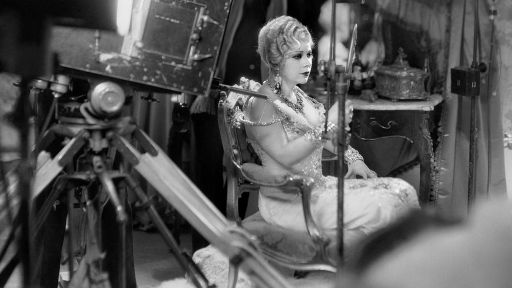


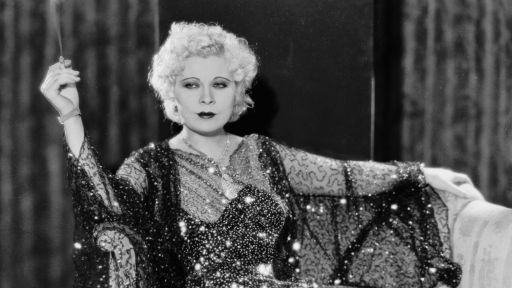
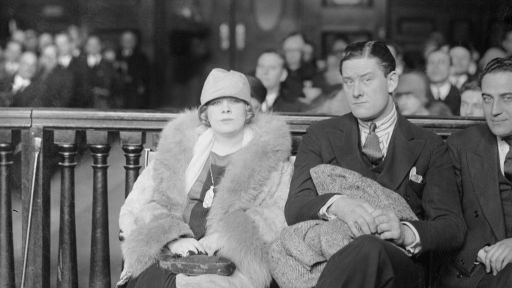
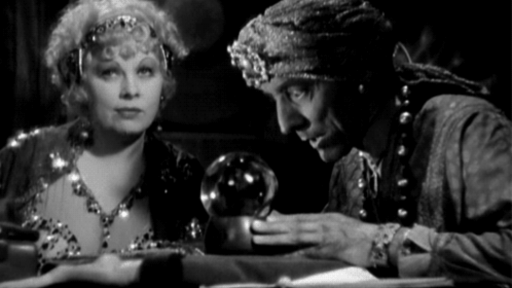
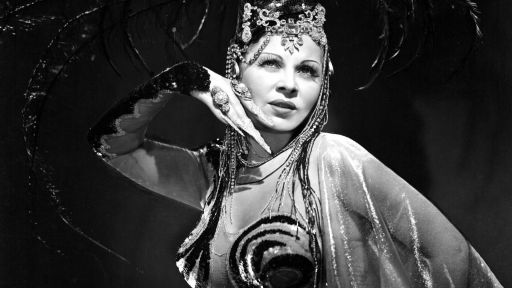
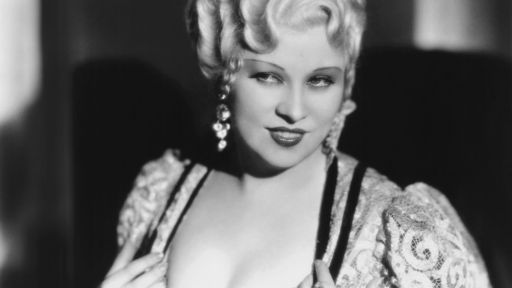
- Could somebody explain the Mae West wardrobe to me?
To this day I do not understand why she's dressed the way she's dressed in her movies.
I don't get it.
- She is, you know, an 1890s late-Victorian buxom belle, you know, in terms of her clothing, it's completely dated.
It does not, you know, keep up with the fashions that are sweeping the nation at this point in the 1920s.
Her hair style, the elaborate, you know, coiffure, as opposed to the sort of simple bobs that are starting to come in.
- When she finally finds this persona, this 1890s gorgeous, exaggerated, hourglass-shaped woman, her mother was a lot behind that image.
You have to remember, she was born in 1893, so this was, these were the years when her mother was in her glory.
Her mother was supposed to be a beautiful woman, worked as a corset model, according to Mae West.
Her mother had wonderful tastes and it's said that her father called her mother, her mother's name was Tilly, called her Champagne Till because of her tastes.
And Mae West's first realization of the character that we think of as Mae West, was initially called Diamond Till.
- So you know, the 1890s, are very important to her obviously because of the clothes she wears.
And she certain collaborated on her outfits, for sure.
She had to collaborate with the costume designers, she had to collaborate and say what she felt to dress, what she felt good in.
And these clothes she made them look effortless but I imagine she had to be trussed up, sewn up, almost literally, laced up into all that stuff.
And it must have been layers and layers of underdressing and underpinnings and all that and those, they were probably heavy clothes, those costumes were not probably light clothes and she made it look as light, as effortless as she was walking on a cloud.
- I think her use of the 1890s works in a few different ways.
One of them is, it make sense of her body because she is curvy, right, she doesn't look like a sort of 30s figure who's very lean, even gaunt, so that the corseted figure makes sense of her body.
But I think it also, it displaces her comedy from the present which, on the one hand, lets her get away with things she wouldn't be able to say in the present, she can say these outrageous things but because they're happening in this sort of other place, other time, they don't seem potentially as threatening and I think they're also funnier because they're coming out of woman who wouldn't possibly be speaking like that or acting like that in that milieu.
- I think she could escape the morals of her time, you know, in the same way that an older character can some, like Madame the puppet, could get away with saying those crazy, sometimes dirty things, same as the Golden Girls.
They could get away with saying very dirty or suggestive things and it was just seen as cute.
So that is a big part of Mae's appeal is that she was suggestive and not actually going all the way there and being vulgar.
